As a BetterHelp affiliate, we receive compensation from BetterHelp if you purchase products or services through the links provided
Tossing and turning in bed, watching the hours tick by slowly on the clock, is a nightly routine for many of us. The quest for a peaceful night’s sleep seems like chasing a dream that’s always just out of reach. If you find yourself nodding along, you might have stumbled upon sleep tinctures in your search for slumber. These little droplets of hope promise to ferry us across to the peaceful shores of Sleepyland.
Sleep tinctures are essentially liquid extracts filled with sleep-enhancing ingredients, a modern-day potion, if you will. Just a few drops under your tongue before you hit the sack, and voila, the magic begins to work as these beneficial compounds are quickly absorbed by your body. Sounds easy, right?
The market is now brimming with various sleep tinctures, each boasting a unique blend of ingredients. Here’s what you’ll commonly find in them:
- Herbal Delights: From the calming effects of chamomile and lavender to the soothing properties of valerian root, these herbs are nature’s lullaby.
- CBD and other Cannabis Compounds: Known for improving sleep quality and minimizing nighttime disturbances, these additions are like the cherry on top of a good night’s sleep.
With the rising wave of interest in natural sleep remedies, it’s become imperative to demystify what sleep tinctures are and how they wave their wand to work the magic.
Key Takeaways:
- Sleep tinctures are like liquid lullabies that contain compounds promoting better sleep, ready to be quickly absorbed by your body.
- The main players in these potions often include soothing herbs like valerian root, chamomile, and lavender, along with sleep-boosting cannabis compounds like CBD.
- These modern-day potions are gaining traction as natural stand-ins for traditional sleep aids, aiming to usher us into restful nights and refreshed mornings.
So, as we sail the tumultuous seas of insomnia, sleep tinctures might just be the anchor we’ve been looking for. Are you ready to dive into the tranquil waters and explore the calming world of sleep tinctures?
Understanding Sleep Tinctures
What is a Sleep Tincture?
A sleep tincture is a concentrated herbal extract that harnesses the power of nature to promote relaxation, reduce anxiety, and facilitate a restful state for sleep. Made by soaking specific plants in alcohol for a few weeks; the alcohol works to pull out the active ingredients within the plant, creating a potent liquid. Unlike conventional sleep aids laden with artificial ingredients or chemicals, sleep tinctures offer a natural alternative derived from botanical sources.
Insomnia and Sleep Tinctures
Insomnia affects millions of individuals, with as many as 30% to 40% of people in the United States reporting problems with their sleeping patterns. People with insomnia face difficulty falling or staying asleep, and nearly 1 in 5 cases of short-term insomnia turns into long-term insomnia. This problem can make you tired and inactive, negatively affecting your daily life.
Sleep tinctures may aid those struggling with insomnia, working to calm the mind and body naturally. With the ability to reduce anxiety and stress-related thoughts, sleep tinctures can be a valuable tool in helping you fall asleep and stay asleep throughout the night.
Key takeaway: Sleep tinctures offer a natural alternative for those struggling with insomnia, designed to reduce anxiety and promote a restful night’s sleep.
 Stress and Sleep Tinctures
Stress and Sleep Tinctures
Stress can often be a trigger for sleep disorders, making it difficult to fall asleep or stay asleep. Sleep tinctures can help to alleviate stress, as herbs like oat straw and milk oat tops can restore the nervous system, rebuild energy and stamina, and build resilience.
When used as part of a calming bedtime routine, sleep tinctures may effectively address your anxious feelings and sleeplessness. By incorporating a sleep tincture into your daily rituals, you can work toward improving your sleep quality and overall well-being.
Key takeaway: Sleep tinctures can aid in managing stress and anxiety, addressing sleeplessness and promoting better sleep hygiene.
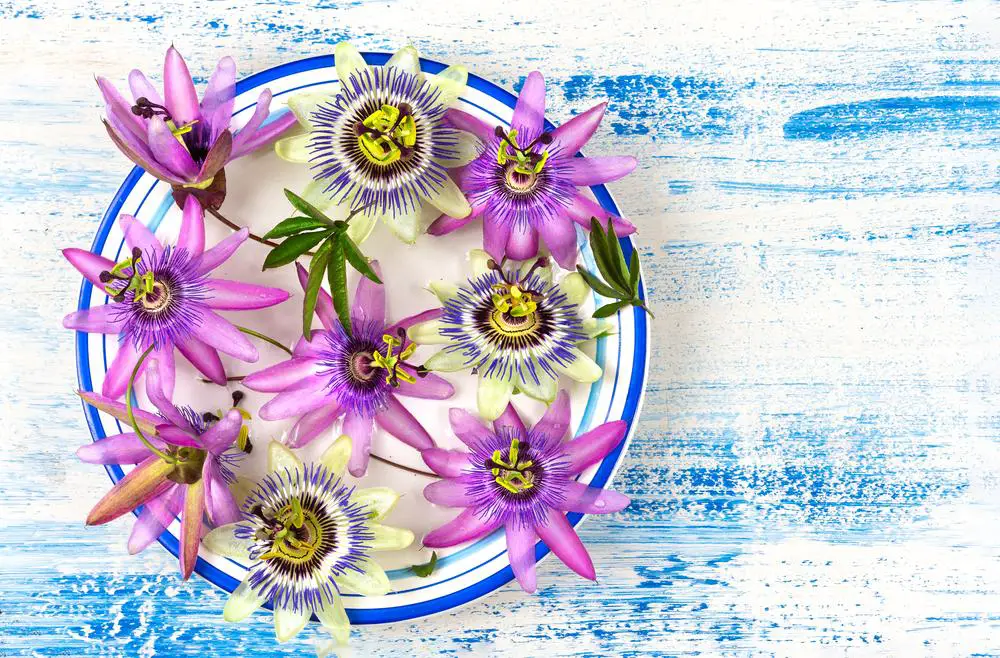
Main Ingredients of Sleep Tinctures
Herbal Ingredients
Sleep tinctures are made from herbs known for their calming and sleep-inducing properties. These herbal ingredients help promote relaxation and a good night’s sleep:
- Valerian root: Often considered the first choice for sleep tinctures, Valerian root has a long history of use as a natural sleep aid.
- Hops: This herb, usually associated with brewing, has a calming effect that can help you ease into sleep.
- Chamomile: A favorite bedtime tea, chamomile also works well in tinctures to encourage sleep.
- Lavender: The soothing scent of lavender is often used for relaxation and can be included in sleep tinctures.
- Passionflower and Lemon balm: These calming herbs are often used together or individually in sleep remedies.
- Catnip: Not just for kitties, catnip has surprisingly relaxing effects on humans.
Additional Substances
In addition to herbal ingredients, sleep tinctures may include other substances to enhance their effectiveness:
- Alcohol: A common solvent for herbal tinctures, high-proof alcohol like vodka helps extract the active compounds from the plant materials.
- Water: In some cases, water may be used as an alternative to alcohol for extracting and dissolving the plant compounds.
- Glycerin: For an alcohol-free option, glycerin can act as a solvent for the herbal ingredients, producing a gentler tincture.
- Cannabinoids: CBD (cannabidiol) and CBN (cannabinol) are non-psychoactive compounds found in cannabis that may be included for their calming and sleep-supporting effects.
- Essential oils: Some sleep tinctures may incorporate calming essential oils, like lavender or chamomile, for additional aroma-therapeutic benefits.
Remember, it’s essential to consult with a healthcare professional before using sleep tinctures, especially if you’re taking any medications or have any existing medical conditions. It’s also a good idea to research each ingredient to ensure it’s appropriate for your needs and compatible with your body. By exploring these various ingredients, you can find a sleep tincture that works best for you and helps to promote a peaceful night’s sleep.
How to Make and Use Sleep Tinctures
Creating the Sleep Tincture
To create your sleep tincture, you’ll need ingredients such as dried valerian root, hops, and lavender flowers. You can also use other herbs known for their calming and soothing properties. To preserve and extract the beneficial components of the herbs, use an 80-proof alcohol like vodka or brandy.
To make the tincture:
- Combine equal parts of your dried herbs in a pint-sized jar. Ensure that the herbs are not crammed too tightly.
- Pour enough alcohol into the jar to completely cover the herbs.
- Seal the jar tightly and let it sit in a cool, dark place for about 4-6 weeks, shaking it daily to help the extraction process.
- After the steeping period, strain the mixture using a cheesecloth or fine mesh strainer and transfer the liquid to a glass dropper bottle for easy use.
Proper Consumption
To enjoy the benefits of your homemade sleep tincture, follow these steps:
- Roughly an hour before bedtime, shake the dropper bottle well to ensure an even distribution of the ingredients.
- The standard dose for a sleep tincture is usually 1ml (or 30-60 drops), depending on the strength of the tincture and individual sensitivity. Start with a lower dose and gradually increase it if necessary.
- Place the drops directly under your tongue or add them to a small glass of water or tea and ingest them.
Remember, it’s essential to listen to your body and adjust the dosage based on your needs. Consult a healthcare professional for concerns or questions regarding sleep tinctures and herbal remedies.
Key takeaway: Making and using a sleep tincture is a straightforward process, and it’s an effective, natural way to help you get a good night’s rest. Customize your tincture with calming herbs, store it in a glass dropper bottle, and consume the recommended dosage for a restful sleep.
Effects of Sleep Tinctures on Health Issues
Sleep tinctures, often containing compounds like CBD or CBN, have become increasingly popular among those seeking an alternative way to improve their sleep quality. In this section, we will explore the potential health benefits and possible adverse reactions of using sleep tinctures.
Potential Health Benefits
Sleep tinctures can potentially offer numerous health benefits:
- Improved sleep quality: CBD and CBN promote relaxation, leading to better sleep quality.
- Pain relief: CBD is believed to have anti-inflammatory properties that could help alleviate pain, creating a more comfortable environment for sleep.
- Reduced anxiety: Many people struggle with sleep due to stress and anxiety. CBD can potentially lower anxiety levels, making it easier to fall asleep.
- Help with certain conditions: Sleep tinctures might be particularly beneficial for people with conditions causing sleep disturbances, such as PTSD, multiple sclerosis, and chronic pain.
Possible Adverse Reactions
While sleep tinctures can potentially offer health benefits, it’s essential to recognize that they may also have some possible side effects. Some adverse reactions may include:
- Reduced libido: Some users may experience a decrease in sex drive while using sleep tinctures.
- Digestive issues: Adverse reactions may include diarrhea, nausea, and bloating.
- Impact on REM sleep: Cannabis-related products may affect REM sleep, which could disrupt the overall sleep cycle.
- Interactions with other medications: Before using sleep tinctures, consult your doctor to ensure there won’t be any negative interactions with medications you’re already taking.
Remember that sleep tinctures may impact each person differently, so don’t hesitate to consult a healthcare professional before beginning any new regimen.
Targeted Audiences for Sleep Tinctures
Use in Children
It’s essential to be cautious when using sleep tinctures for children. Consult a pediatrician or healthcare professional before giving them any natural sleep aids. In some cases, sleep tinctures can be adjusted to kid-friendly doses or formulations, but it’s always best to consult with a professional first.
Use during Pregnancy and Breastfeeding
If you’re pregnant or breastfeeding, it’s crucial to consider safety when selecting a sleep tincture. Many herbs can potentially affect your baby or pass through breast milk. Always consult your healthcare provider before using any sleep tinctures during this period. They will guide you with safe recommendations and alternatives to ensure you and your baby’s well-being.
For the Elderly
As you age, sleep can become a challenge. Sleep tinctures can be an effective, natural remedy to promote better rest. However, elderly individuals need to consult a healthcare provider, as certain herbs can interact with medications or exacerbate existing health conditions. In addition, dose adjustments may be required for this age group to prevent adverse reactions.
For Travelers
For those who travel frequently, sleep tinctures can be a godsend. They help regulate sleep patterns, manage jet lag, and reduce stress accumulated during transit. When selecting a sleep tincture for travel purposes, consider factors such as:
- Portability and ease of use
- Potency and effectiveness for your specific needs
- Potential interactions with any medications you’re taking
Remember, everyone’s needs and preferences are different, so don’t be afraid to experiment with various sleep tinctures to find your perfect travel companion!
Key takeaway: Sleep tinctures cater to a diverse array of audiences. However, it’s vital to consult with a healthcare professional before using these remedies, especially for children, pregnant women, breastfeeding individuals, the elderly, and travelers. Ensure you choose a sleep tincture that best suits your situation and consider potential interactions with existing medications and health conditions.
 Comparative Information
Comparative Information
Vitamins Vs Sleep Tinctures
While vitamins are essential for maintaining overall health, they might not be as effective in promoting sleep as sleep tinctures. Sleep tinctures often contain specific plant extracts and compounds known to improve sleep quality, such as CBD, CBN, and melatonin. Vitamins, on the other hand, provide general support to your body but may not directly impact your sleep.
Key takeaway: Sleep tinctures target sleep issues more effectively than vitamins.
Sleep Tinctures Vs Tea
Herbal teas, such as chamomile and valerian root, have been used for centuries to promote relaxation and sleep. However, the potency of these teas might be lower compared to sleep tinctures, which are usually more concentrated and provide a more precise dosage. Sleep tinctures can also be taken sublingually, allowing faster absorption into the bloodstream.
- Herbal teas: Natural, accessible, and milder option
- Sleep tinctures: More potent, concentrated, and precise
Key takeaway: Sleep tinctures may provide quicker and more effective results than herbal teas.
 Sleep Medications Vs Tinctures
Sleep Medications Vs Tinctures
Sleep medications are often prescribed to treat sleep disorders, but they can have undesirable side effects, such as daytime drowsiness, dependence, and rebound insomnia. Sleep tinctures, made from natural plant extracts, tend to provide a gentler alternative with fewer side effects. However, it’s crucial to consult with a medical professional before replacing prescribed sleep medications with sleep tinctures.
- Sleep medications: Stronger, prescribed, potential side effects
- Sleep tinctures: Natural, gentler, fewer side effects
Key takeaway: Sleep tinctures may be a better option for those seeking a natural, side-effect-free alternative to sleep medications.
Further Considerations for Use
When incorporating sleep tinctures into your routine, it’s essential to be mindful of some important factors. Awareness of these considerations can help you achieve better results and minimize unwanted side effects.
Potential Issues: Sleep tinctures can be beneficial but are not a one-size-fits-all solution. Some individuals may experience side effects such as gas or mild digestive discomfort. It is essential to start with a lower dosage and gradually increase it as necessary. Monitor your body’s reaction and make adjustments accordingly.
Sleep Disorders: While sleep tinctures can help alleviate symptoms of some sleep disorders like insomnia, they may not be as effective for other disorders like sleep apnea or narcolepsy. Consult with a healthcare professional if you suspect you have a sleep disorder, and discuss whether sleep tinctures may be an appropriate addition to your treatment plan.
Depression: Sleep tinctures can help improve your sleep quality, but they may not address the root cause of certain issues like depression. If you struggle with depression, talk to a healthcare provider about creating a comprehensive treatment plan that includes addressing sleep and mental health concerns.
Back Pain: If your sleep difficulties stem from chronic back pain, sleep tinctures alone may not provide the relief you need. Explore additional strategies such as exercise, stretching, or physical therapy to address the underlying cause.
Hormonal Birth Control: If you’re taking hormonal birth control, it’s crucial to be aware of any potential interactions with sleep tinctures. Some herbs may interfere with the efficacy of birth control, so consult with a healthcare professional before combining the two.
Overall, sleep tinctures can be a helpful tool in combating sleep-related difficulties, but it’s important to remember they may not be the definitive solution for everyone. Evaluate your unique situation, consult with a healthcare professional, and make adjustments based on your individual needs to ensure the best possible outcome.
Sleep Tincture Reviews Popularity
With an increasing number of people struggling with sleep issues, sleep tinctures’ popularity is on the rise. These tinctures are made from various herbs, and they have gained a reputation for helping users relax, unwind, and get a good night’s sleep.
One notable brand in this market is AbsoluteXtracts, with their Sleepy Time tincture being hailed as the best choice for microdosing and getting consistently good sleep. This tincture offers a 450 mg potency with 0.63 mg per dose, making it a popular choice for many users.
Another great option for improving sleep is homemade sleep tinctures from various herbs. Oatstraw and milk oat tops, for instance, are known for restoring the nervous system and building resilience to stress, resulting in better-quality sleep. To make your sleep tincture, follow these steps:
- Gather your chosen herbs (fresh or dried),
- Place them in a glass jar,
- Add enough high-proof alcohol,
- Seal the jar and store in a dark cabinet for a few weeks, and
- Strain and transfer the liquid to a dropper bottle.
It’s essential to rely on high-quality ingredients when creating your sleep tincture, so sourcing them from reputable farms is crucial. Organic farms that prioritize sustainable practices are your best bet for ensuring the herbs you’re using are free from harmful chemicals and other contaminants.
Here are some benefits of sleep tinctures:
- Easy to use and dose,
- Compact and travel-friendly, and
- May reduce trips to the bathroom during the night.
Remember, though, that what works for one person may not work for another. It’s essential to research, read reviews, and understand the potential effects of a sleep tincture before trying one yourself. And, as always, consult with your healthcare professional before starting any new supplements or sleep aids.
Benefits of Sleep Tinctures
- Deep Sleep Unleashed: Explore the secrets behind achieving a state of deep and restorative sleep. Discover how sleep tinctures can unlock the door to nights filled with profound relaxation and rejuvenated mornings.
- Herbal Symphony: Delve into the herbal components that create a harmonious symphony, supporting the natural sleep cycle. Understand how the synergy of these botanical elements contributes to a holistic and effective sleep aid.
Embark on a journey of enhanced well-being with the transformative benefits that sleep tinctures bring to your nights and mornings.
Drawbacks and Considerations
While the benefits of sleep tinctures are enticing, it’s crucial to be aware of potential drawbacks and considerations for a holistic understanding.
- Potential Grogginess: Explore the fine line between relaxation and feeling groggy the morning after using sleep tinctures. Understand the nuances to ensure a balanced and refreshing waking experience.
- CBD and Drug Tests: Address common concerns about CBD products and their implications on drug tests. Learn about the factors that may influence test results and how to navigate this aspect of incorporating CBD into your wellness routine.
Navigate the complexities of sleep tinctures with a clear understanding of potential challenges, ensuring a well-informed and balanced approach to your well-being.
Frequently Asked Questions
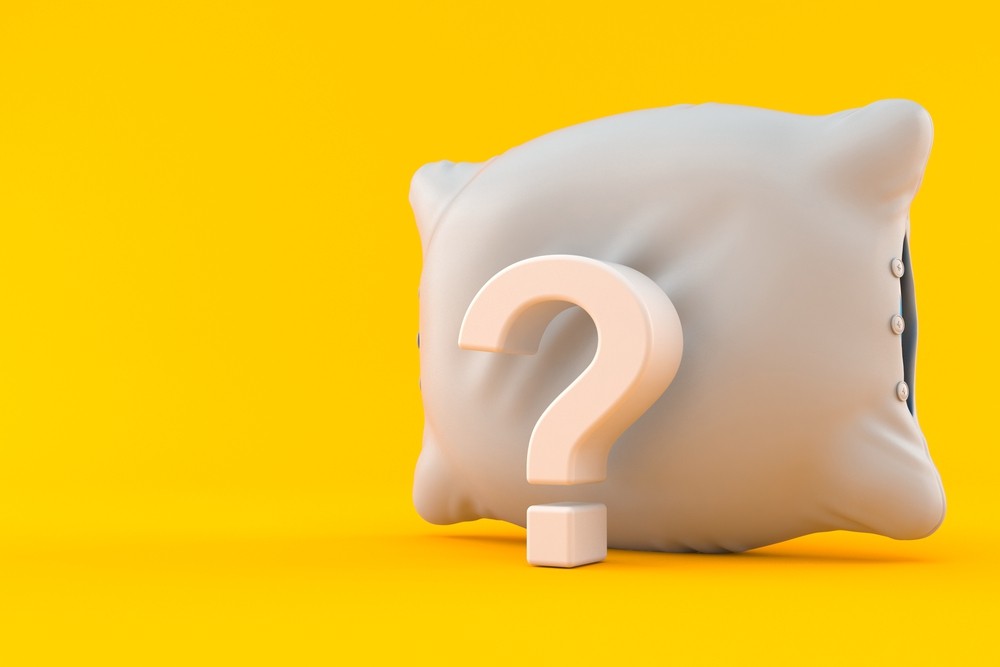
How do I make a sleep tincture at home?
Making a sleep tincture at home is quite simple. All you need is a clean glass jar, high-proof alcohol (such as vodka), and your choice of herbs. Here’s a brief, step-by-step process:
- Fill the jar halfway with your chosen herbs.
- Pour the alcohol over the herbs until they are completely covered.
- Seal the jar and store it in a cool, dark place for 4-6 weeks.
- Shake the jar every few days, allowing the alcohol to extract the beneficial compounds from the herbs.
- After 4-6 weeks, strain the liquid through a cheesecloth into a clean jar or dropper bottle.
Which herbs are most effective in sleep tinctures?
Some widely used herbs for sleep tinctures include chamomile, lavender, valerian root, lemon balm, and passionflower. They help promote relaxation, reduce stress, and improve sleep quality.
How long does it take for a sleep tincture to work?
While the exact time may vary depending on the individual, sleep tinctures usually take 30-45 minutes to exhibit their effects. Take the recommended dosage suggested by a professional or the tincture recipe a few minutes before bedtime to achieve a restful night’s sleep.
Can CBD be used in a sleep tincture?
Yes, CBD (cannabidiol) can be used in sleep tinctures. CBD, combined with other sleep-promoting ingredients like valerian root or melatonin, may help improve sleep quality. However, source your CBD from a reputable provider and consult with a professional if you’re trying CBD for the first time.
What is the recipe for a Valerian tincture?
For a valerian tincture, follow these easy steps:
- Fill a clean glass jar halfway with dried valerian root.
- Pour high-proof alcohol (preferably vodka) over the root, covering it completely.
- Seal the jar and store in a cool, dark place for 4-6 weeks.
- Shake the jar occasionally during this time.
- Strain the liquid through a cheesecloth into a clean jar or dropper bottle for use.
Adjust the dosage according to your needs, but start with a few drops under your tongue or mixed into a small glass of water before bedtime.
Are there any side effects of using sleep tinctures?
Sleep tinctures, being natural, are generally safe for consumption. However, some individuals may experience side effects like dizziness, upset stomach, or mild morning grogginess. It’s essential to follow recommended dosages and consult a professional if you’re unsure.
- Unveiling the Magic: The Ultimate Guide to Sleep Tinctures - November 1, 2023
- Can You Sleep Standing Up? - October 31, 2023
- Taurine for Sleep: Your Natural Ticket to Tranquil Nights - October 10, 2023
This site contains affiliate links to products. We will receive a commission for purchases made through these links.

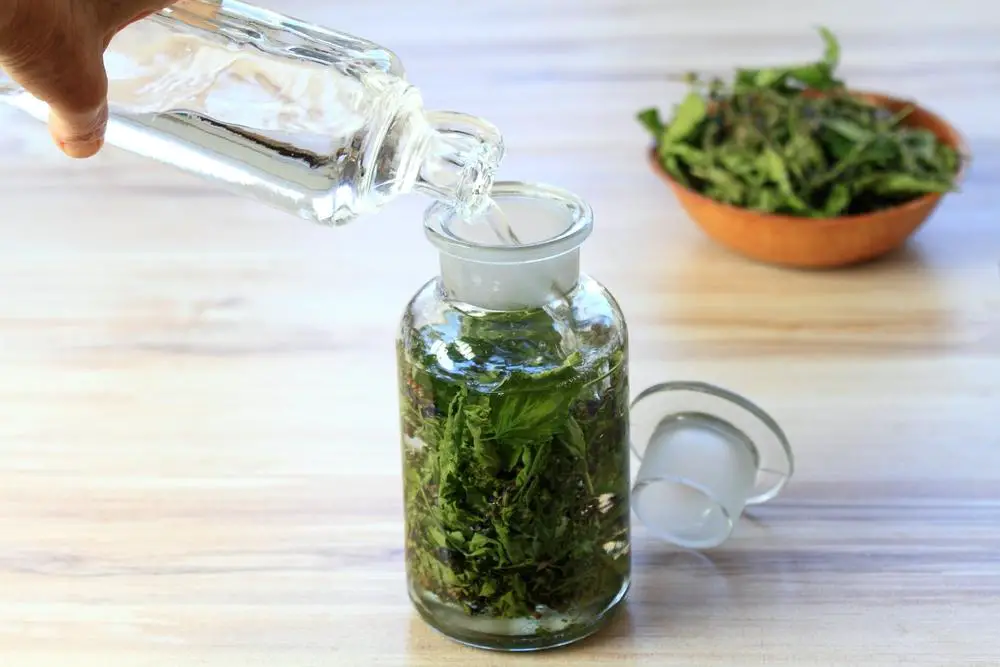
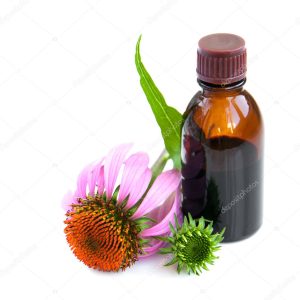
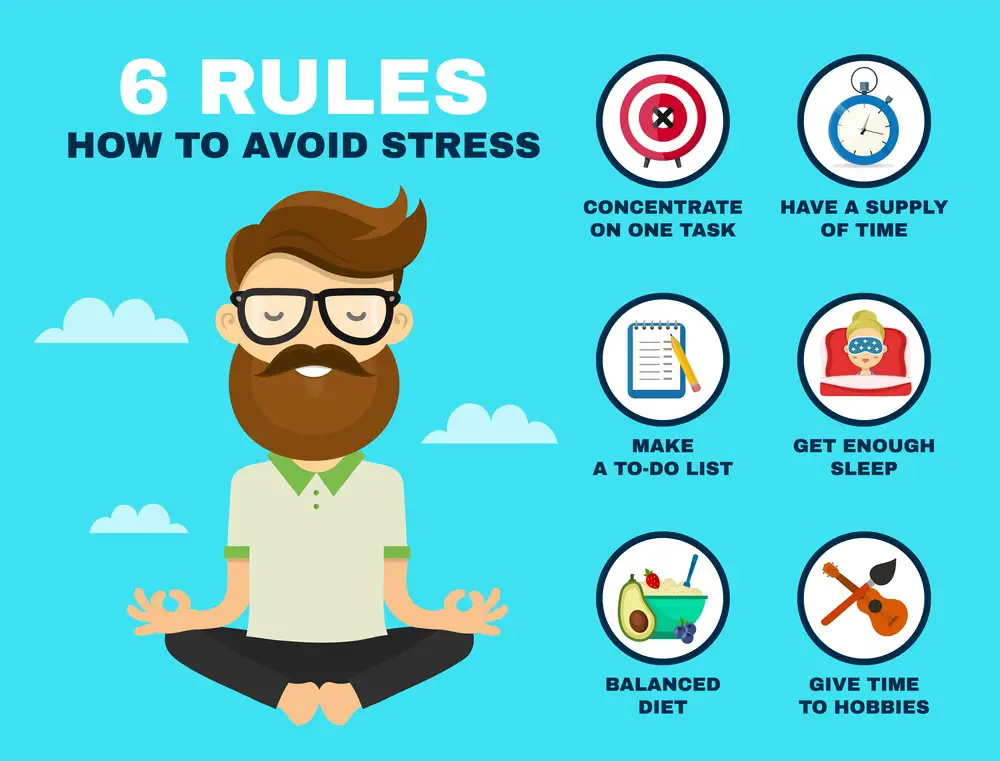 Stress and Sleep Tinctures
Stress and Sleep Tinctures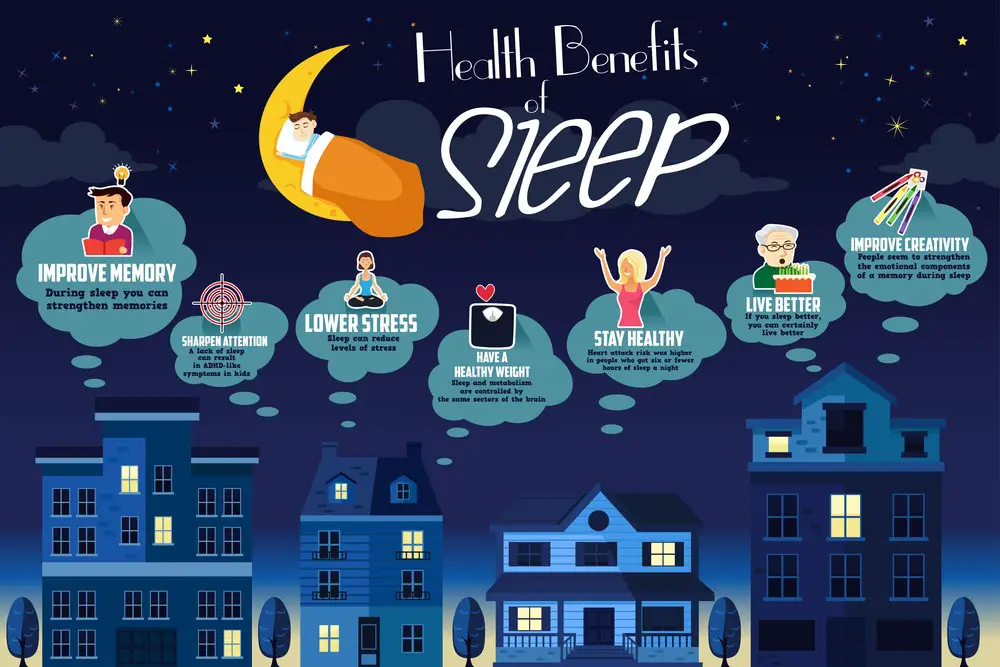 Comparative Information
Comparative Information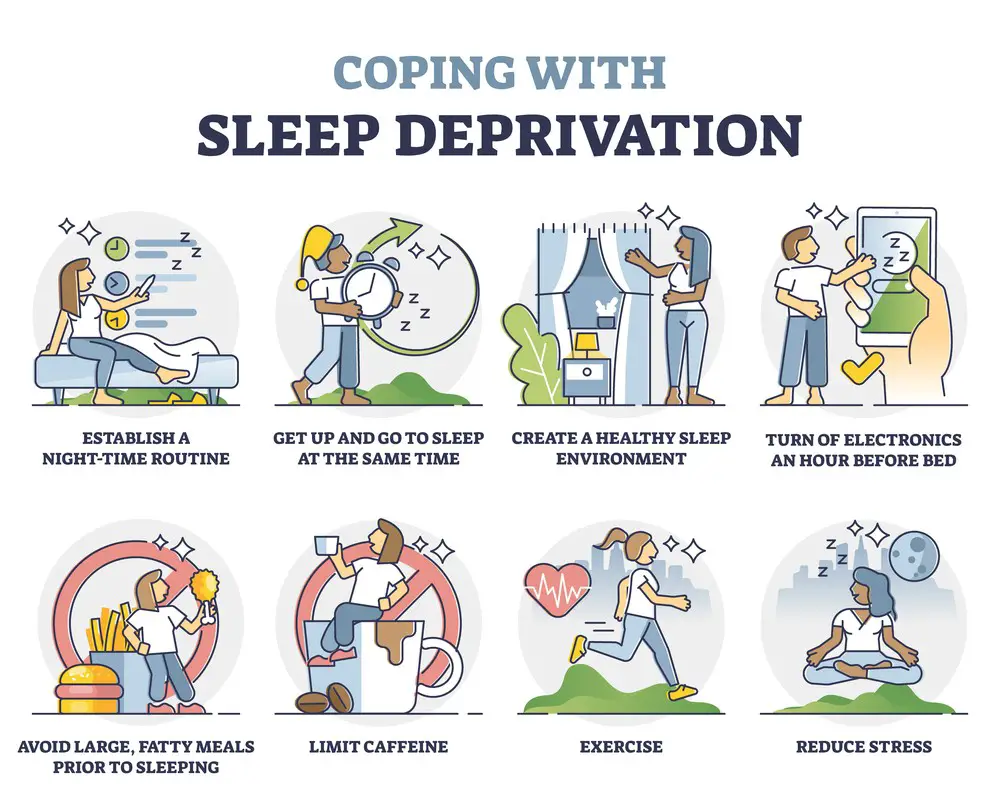 Sleep Medications Vs Tinctures
Sleep Medications Vs Tinctures

